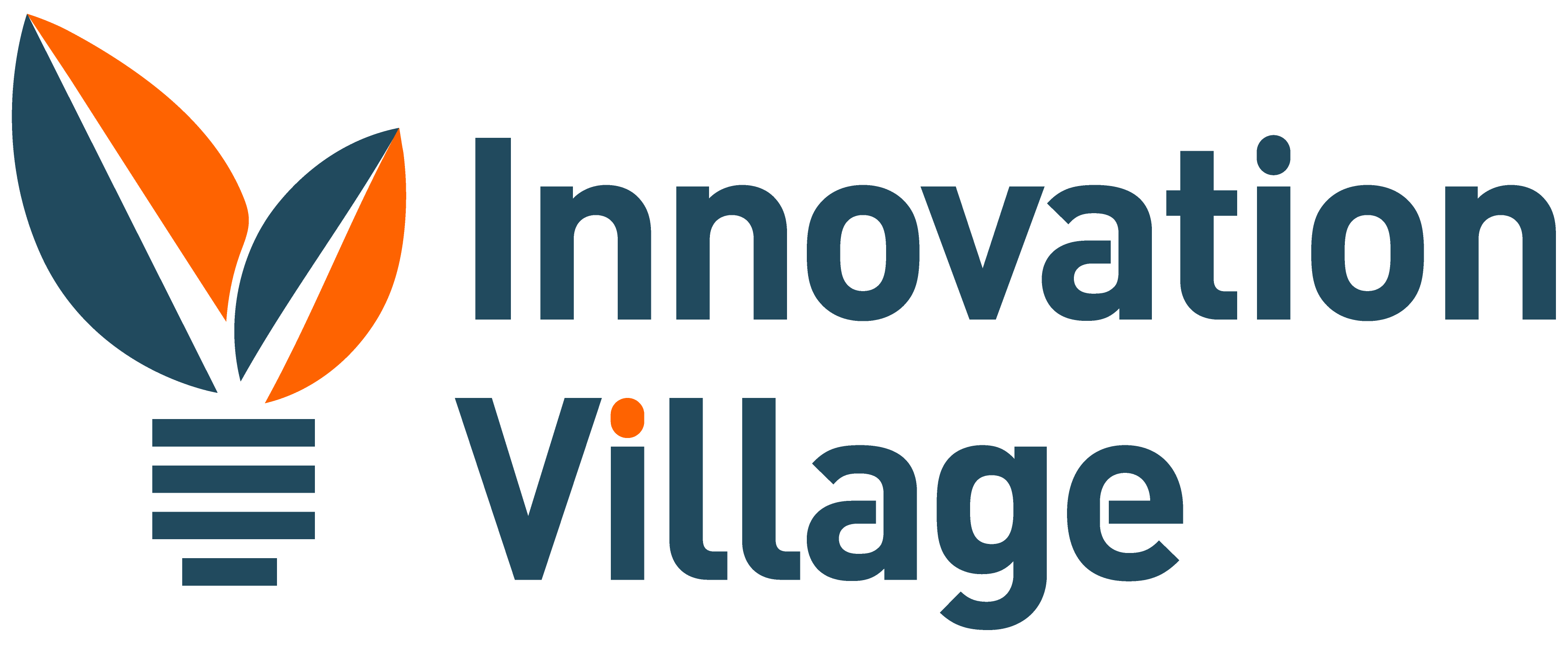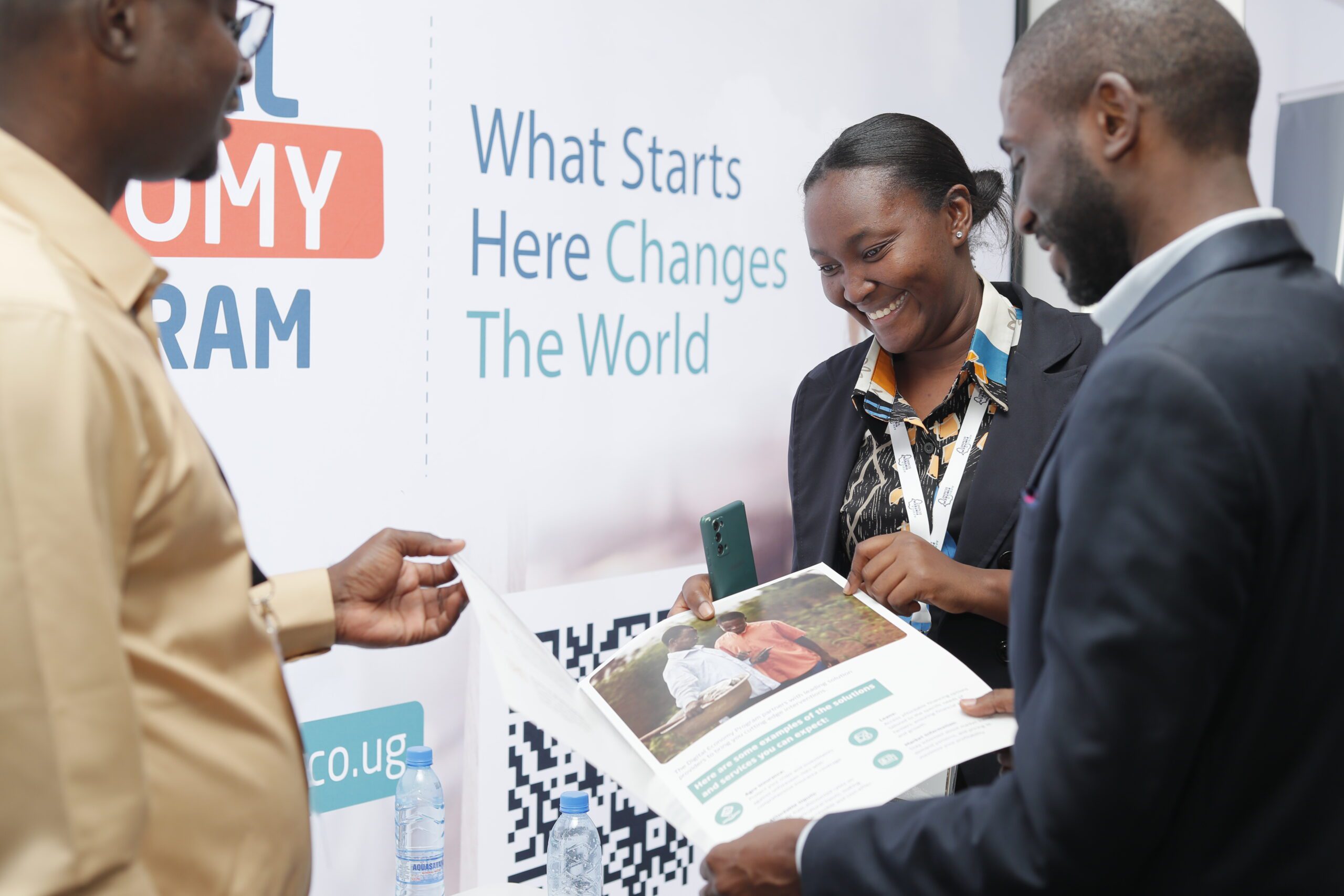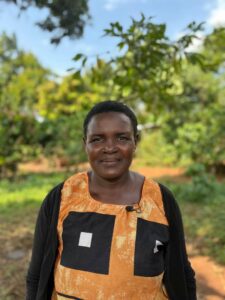In recent years, the African financial technology (FinTech) sector has experienced significant growth, driven by a combination of regulatory reforms, an increased adoption of digital technology, and a burgeoning entrepreneurial spirit. Like other nations in Africa, Uganda has witnessed a notable surge in the adoption of innovative financial solutions, leading to enhanced financial inclusion and the facilitation of seamless digital transactions for businesses and consumers.
Earlier this week, the Zambian government hosted the tenth annual Africa FinTech Summit in Lusaka, convening various industry leaders, policymakers, and innovators from across the continent.
The summit aimed to discuss the transformative potential of financial technology in driving economic growth and fostering financial inclusion. Against the backdrop of a rapidly evolving digital landscape, the summit shed light on the pivotal role of FinTech in shaping Africa’s economic future and spurring innovation across various sectors.
During his opening remarks, Dr. Denny Kalyalya, the Governor of the Bank of Zambia, highlighted the significant digital transformation within Zambia’s financial industry, particularly the remarkable uptake of mobile money services. Notably, mobile money transactions in the country increased from 7 billion Kwacha in 2017 to nearly 300 billion Kwacha in 2022. Dr. Kalyalya attributed this remarkable growth to the widespread adoption of digital financial services by the public.
Acknowledging the positive influence of the Covid-19 pandemic on the FinTech sector, Dr. Kalyalya emphasized the surge of entrepreneurs innovating FinTech-enabled solutions and the increasing interest of venture capitalists in supporting emerging FinTech innovators. He highlighted the success of Chit-Chat App, a digital platform that enables customers to stay connected, make instant payments, and conduct money transfers, as one of the notable start-ups that attracted the attention of venture capitalists.
Formerly known as Zazu, this start-up has steadily established itself as a reliable and credible FinTech player in Zambia.
Despite these significant advancements, Dr. Kalyalya noted that the FinTech sector in Zambia is grappling with the unintended entry of illicit fundraising methods and an upsurge in digital fraud over the past few years. He stressed the importance of prudent regulations within the Zambian FinTech sector to combat potential criminal activities. Dr. Kalyalya emphasized the need for regulations that foster a productive and growth-oriented financial sector, without stifling innovation or progress. He added the Bank of Zambia’s commitment to creating an enabling environment that allows stakeholders to flourish and add value within the growing FinTech sector.
Like Zambia, Uganda’s financial landscape witnessed the digital disruption in 2009 when MTN Uganda introduced the first mobile money transaction service platform, allowing customers to transact money, make payments and access other financial services using their mobile phones. Today, the sector has grown to more than 170 private players consisting of mobile network operators, commercial banks, non-bank financial institutions, third-party operators, FinTech innovators, and technology providers operating within the FinTech market.
Vincent Malekani, the Country Business Development Director at Mastercard, while sharing his observations on the evolving trends in payment methods, noted the rapid adoption of innovative payment technologies, especially in the South African market. “As Mastercard, one of the things we have witnessed is the acceleration of new payment methods, with 95% of consumers in South Africa using an emerging payment method in 2022.” This statistic not only highlights a significant shift in consumer payment preferences but also illustrates the dynamic nature of the financial transaction landscape.
While delivering her speech, Linnisa Wahid, The Deputy Chief of Missions at the US Embassy in Lusaka, emphasized the growth potential in digital technology on the continent and the remarkable strides made by tech startups in various markets. She acknowledged the challenges posed by technological evolution and the importance of fostering a conducive environment for FinTech’s full potential. She also emphasized the need for industry and government collaboration to enhance access, bolster infrastructure, and promote digital literacy.
She added, “We recognize the swift pace of technological evolution and the consequent challenges it poses to governments in terms of regulation. Particularly when technological innovations intersect with crucial sectors like telecommunications and finance. But a conducive environment is pivotal to dismantle barriers, harnessing FinTech’s full potential. The onus is not just on governments but also on industry to foster self-regulation that aligns with the principles of competition, consumer protection, security, and ethical management.”
What the Digital Economy Program X-Techs had to say
With the valuable partnership of industry leaders like Mastercard Foundation, the Innovation Village through its digital economy program fosters a conducive environment, shared resources, and an extensive network that empowers budding entrepreneurs and innovators to devise solutions tailored for serve the last mile communities. To expand the reach of digital services in remote areas, the program nurtures local tech talent to enable the development of customized digital solutions addressing the specific challenges faced by the Uganda financial sector.
Allen Najjuko, Partner Success Manager at the Innovation Village, highlighted the purpose for participating at the Africa FinTech Summit: “Our mission at the Innovation Village is to support, empower, and connect innovators who are shaping the future of the digital economy. Events like the Africa FinTech Summit provide a platform for knowledge exchange, collaboration, and networking that is instrumental in achieving our goals. We believe in the potential of African innovation to drive positive change.”
Carol Kakooza, a solution provider, CEO of Axiom Zon, and a partner in the Digital Economy Program, emphasized the importance of the summit: “For us, the Africa FinTech Summit represents an opportunity to showcase the transformative potential of FinTech solutions in Africa, especially in Uganda. Our collaboration with the Innovation Village and the DE Program allows us to be part of a movement that brings innovative solutions to the forefront, enhancing financial inclusion and driving economic growth.”
Lionel, a representative from another Xtech, Gnugrid, underlined the significance of the summit: “Gnugrid believes in the power of African innovation. The Africa FinTech Summit is a prime platform to share our journey, collaborate with other stakeholders, and contribute to the growth of the African digital economy. It’s a testament to Africa’s potential in the global tech arena.”
In conclusion, the Digital Economy Program seamlessly integrates with the objectives of the Africa FinTech Summit, fostering innovation, promoting digital financial inclusion, and empowering African entrepreneurs to create solutions that benefit underserved communities. As the FinTech sector continues to evolve, it is through partnerships and collaborative efforts that Africa can lead the way in shaping the future of finance and technology.





